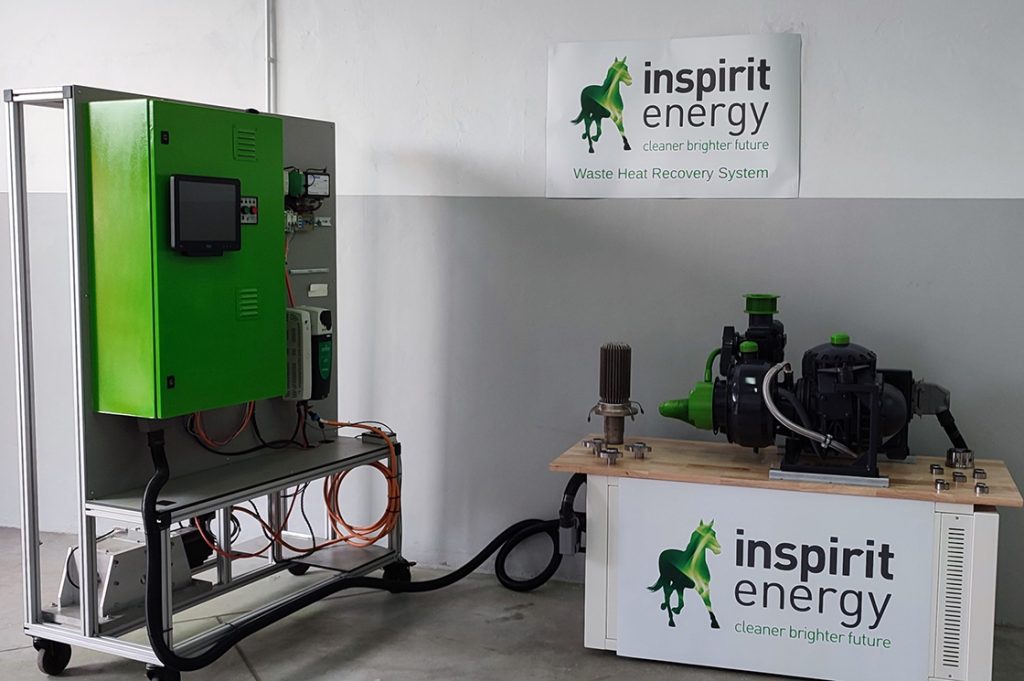Report suggests home emissions are greater threat to climate than cars

A report by the National Housing Federation has cast a very surprising light on the subject of emissions and the threat to the environment. The report, which focused on homes in England, found that the 25 million homes in England create 58.5 million tonnes of CO2 every year. To put this into context, there are 27 million cars in England, emitting 56 million turns of CO2 annually. Home emissions equate to the same as 28 million cars, confirming that leaky homes are potentially a greater threat to the environment.
Inefficient central heating and poor insulation
While this is the first time that homes have been deemed a greater threat to the climate than vehicles, it is a wake-up call for many consumers. The adoption of electric vehicles is certainly reducing emissions while the transfer to more efficient central heating and improved insulation is slower than expected. To put this into perspective, households in England create more CO2 emissions every year just living in their home compared to driving their cars. A frightening thought!
Many consumers are still naïve to the problem
Despite the COP26 Climate Change Conference being held in Glasgow last year many consumers are still unaware of the impact inefficient homes have on the environment. Feedback showed that:-
- 60% of homeowners had no idea their home energy use had such an impact on emissions
- 28% had no plans to make an eco-upgrade in the next 10 years
The UK government recently set an ambitious Net Zero target of 2050 which will require significant improvements in homes and vehicle emissions. While more than 100,000 homes had their energy efficiency improved in 2019, more needs to be done. Consequently, the National Housing Federation is calling for increased government funding so more homes can be retrofitted with energy efficient heating systems.
Will rising energy costs focus the minds of consumers?
It is unfair to suggest that consumers are not more acutely aware of emissions and damage to the environment, but taking action is very different. Many believe that the recent increase in energy costs, with gas price increases leading the way, will focus the minds of consumers going forward. Simple issues such as improving insulation can have a dramatic impact on emissions and energy bills, as can more efficient central heating systems. Step forward the Inspirit Charger!
What is the Inspirit Charger?
The Inspirit Charger has been developed over a number of years and can be used in tandem with existing gas central heating systems. Using a unique patented kinetic engine based on the Stirling engine generator of 1816, the Inspirit Charger is able to produce both heat and electricity. Due to the frictionless nature of the engine, approximate 90% of the energy provided to the Inspirit Charger is converted into heat and electricity.
When you compare this to power stations, where just 35% of the energy consumed arrives at your home, this puts it into perspective. The high efficiency of the Inspirit Charger means there is minimal waste and therefore a significant reduction in emissions.
Conclusion
While the recent report by the National Housing Federation is the first to suggest that homes are potentially more damaging to the environment than cars, it does make you stop and think. Simple improvements in home insulation and the integration of new technology such as the Inspirit Charger have the potential to reduce energy bills as well as emissions.
Photo by Sasu Tikkanen on Unsplash</a>
Other News
Register your interest
To follow our technology for a sustainable future, please enter your email address to register your interest.


